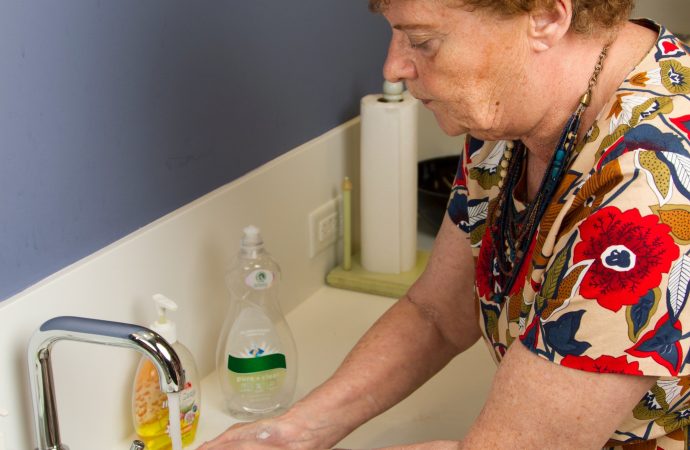Cholera is a waterborne disease caused by the bacterium Vibrio cholerae. The disease can cause severe diarrhea and dehydration, and in some cases, it can be fatal. While cholera can be treated with rehydration and antibiotics, prevention is key to reducing the impact of outbreaks. In this article, we will explore the importance of access
Cholera is a waterborne disease caused by the bacterium Vibrio cholerae. The disease can cause severe diarrhea and dehydration, and in some cases, it can be fatal. While cholera can be treated with rehydration and antibiotics, prevention is key to reducing the impact of outbreaks. In this article, we will explore the importance of access to clean water and sanitation in preventing cholera outbreaks.
Cholera and Water Cholera is primarily transmitted through contaminated water or food. The bacterium can survive in water sources for extended periods, and people can contract cholera by drinking or using contaminated water for washing or cooking. In areas with poor sanitation and limited access to clean water, cholera outbreaks can spread quickly, causing significant health and economic impacts on affected communities.
Access to Clean Water and Sanitation Access to clean water and sanitation is essential in preventing cholera outbreaks. Communities with access to safe drinking water and proper sanitation facilities are less likely to experience cholera outbreaks. However, many communities, especially in developing countries, still lack access to clean water and sanitation facilities, putting them at risk of cholera outbreaks and other waterborne diseases.
In many cases, infrastructure development is needed to improve access to clean water and sanitation facilities. Governments and aid organizations can invest in improving water treatment and distribution systems, building latrines and toilets, and promoting good hygiene practices such as handwashing.
Community involvement is also crucial in improving access to clean water and sanitation facilities. Local community members can work together to maintain and manage water sources and sanitation facilities, ensuring that they are kept clean and properly maintained.
Preventing Cholera Outbreaks Preventing cholera outbreaks requires a comprehensive approach that includes improving water and sanitation infrastructure, promoting good hygiene practices, and investing in vaccination programs. Effective prevention strategies include:
- Access to clean water: Providing access to safe drinking water can significantly reduce the risk of cholera outbreaks.
- Sanitation facilities: Building latrines and toilets can help prevent the contamination of water sources and reduce the risk of cholera transmission.
- Hygiene promotion: Promoting good hygiene practices such as handwashing can help reduce the risk of cholera transmission.
- Vaccination: Vaccination can help prevent cholera infection, especially in high-risk populations.
Conclusion Cholera outbreaks are preventable, but access to clean water and sanitation facilities is essential in reducing the risk of outbreaks. Governments and aid organizations can invest in improving water and sanitation infrastructure and promoting good hygiene practices to reduce the impact of cholera on affected communities. By working together to address the underlying causes of cholera, we can create a world where access to clean water and sanitation is a basic human right, and cholera outbreaks are a thing of the past.

















Leave a Comment
Your email address will not be published. Required fields are marked with *